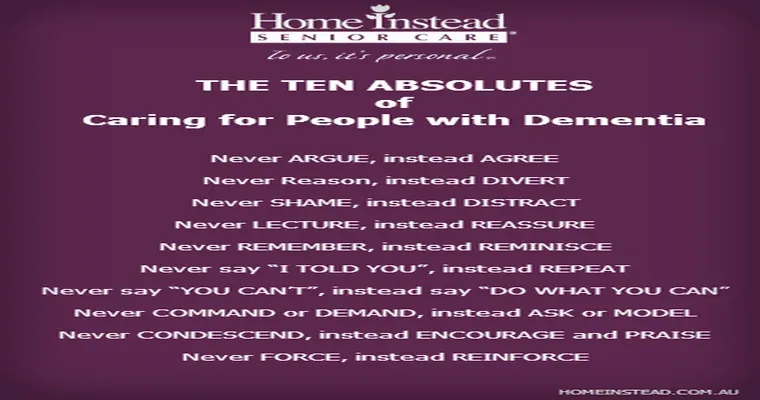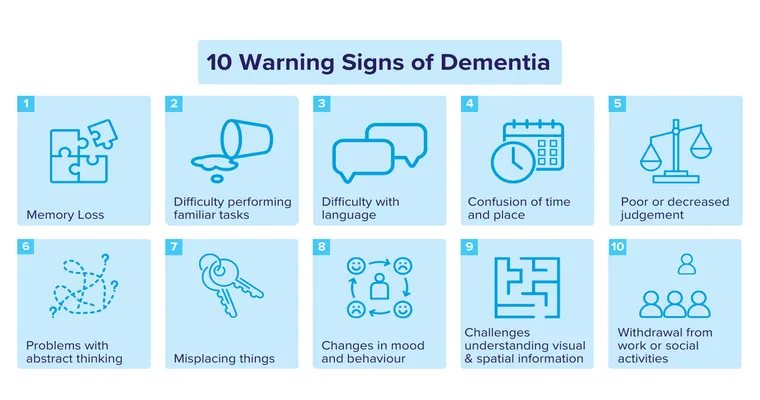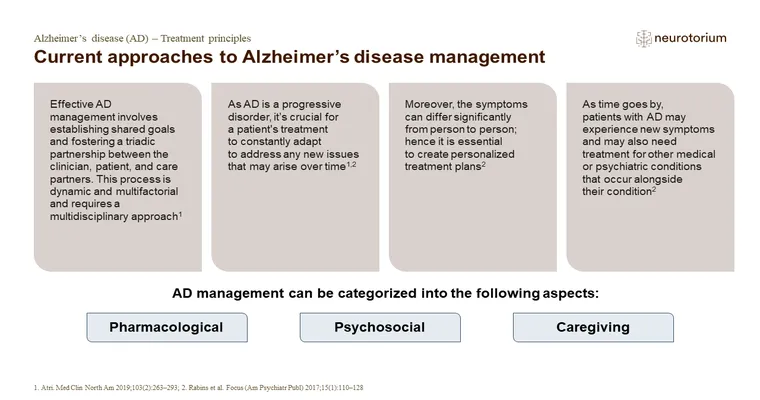Dealing with a loved one who has "Alzheimer's" can be an incredibly emotional and challenging experience, especially when they no longer recognize you. Understanding the complexities of this "disease" and how it affects memory can help you cope with the feelings of loss and confusion that arise when a cherished relationship seems to fade. It is essential to approach the situation with empathy and compassion, both for yourself and the person affected by "Alzheimer's".
Alzheimer's is a progressive neurological disorder that primarily affects memory, thinking, and behavior. As the disease advances, it can lead to significant cognitive decline, making it difficult for individuals to recognize their loved ones. This can be heart-wrenching for family members and friends who have spent years nurturing those relationships. It is important to remember that this change is not a reflection of your worth or the bond you once shared; rather, it is a symptom of the disease.
One of the most effective ways to cope with this situation is to focus on creating meaningful interactions, even if the recognition is not there. Utilizing familiar objects, photographs, or music can help trigger memories and emotions. Engaging in activities that the person once enjoyed can also foster a sense of connection, even if they do not remember your name or relationship.
When a loved one with Alzheimer's seems distant, it is natural to experience feelings of grief and frustration. Allow yourself to feel these emotions, and seek support from friends, family, or support groups specializing in Alzheimer's care. Sharing your experiences and feelings can be incredibly therapeutic and can provide you with strategies to better handle the situation.
Communication is another vital aspect to consider. When talking to someone with Alzheimer's, use a calm and gentle tone. Avoid correcting them if they confuse names or relationships; instead, redirect the conversation to a more comforting topic. This approach will help maintain a positive atmosphere and allow you to enjoy the moments you do share, even if recognition is lacking.
Additionally, educating yourself about Alzheimer's can empower you to navigate these emotional challenges more effectively. Understanding the stages of the disease and the changes that occur can help you set realistic expectations for interactions and provide insights into the best ways to connect with your loved one.
Finally, take care of your own emotional health. Caring for someone with Alzheimer's can be exhausting, and it is essential to prioritize self-care. Engage in activities that bring you joy, seek respite when needed, and do not hesitate to reach out for professional help if you are feeling overwhelmed.
In conclusion, while facing the reality of a loved one with Alzheimer's who no longer recognizes you can be profoundly painful, there are ways to navigate this journey. By focusing on creating meaningful experiences, maintaining open lines of communication, and seeking support, you can continue to foster a connection that transcends memory loss. Remember, love and connection can still flourish, even in the face of Alzheimer's.





